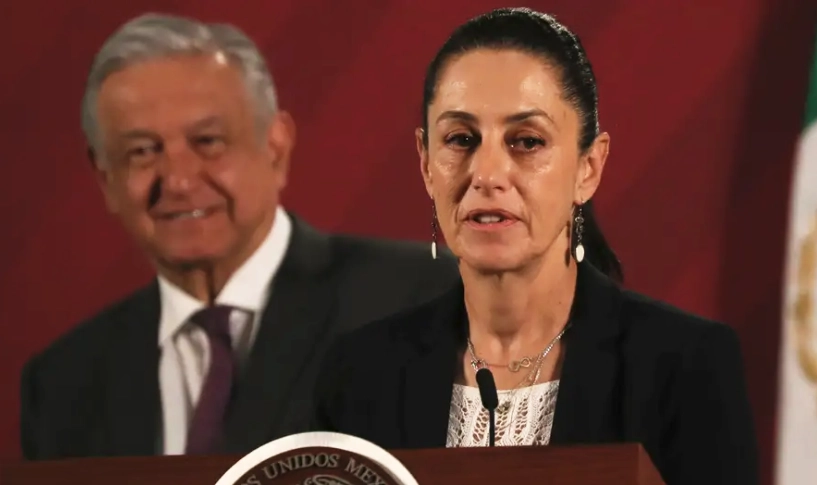The most copious concurrent elections in Mexico’s history will be held this year. In these elections, the first female president of the Republic will be elected, the Congress of the Union will be completely renewed, nine state governments will be elected, more than two thousand mayors’ offices and the thirty-two local congresses will be elected. However, what could be a simple democratic routine is far from being so; paradoxically, the dilemma is inscribed in the matrix: democracy versus autocracy.
The transition to democracy was the product of a series of legislative pacts that gradually endowed the country with a series of institutions that removed the distrust that had been the hallmark of interparty relations. From that twilight moment on, the uncertainty in the competition for votes was a constant to the point of provoking the end of the so-called “State party” and the arrival of the processes of alternation in the three levels of political power (municipalities, states, and presidency of the Republic).
However, the arrival to power of Andrés Manuel López Obrador and his offer to change the neoliberal regime, administered by successive PRI and PAN governments between 1982 and 2018, resulted in a left-wing populist regime. It is a project that first coalesced around the Democratic Revolution Party, under the emblem of the coalition “For the good of all, first the poor” that disputed the presidency in 2006 and 2012 and later became the National Regeneration Movement Party (MORENA) transformed into the coalition “Together we make history”. Under this slogan, he obtained an overwhelming triumph in the 2018 elections and became the first president product of the confluence of different leftist forces.
Those who voted for a social-democratic change where the social state would coexist civilly with big capital, the ruling party with the opposition, and the strengthening of the institutions of democracy, quickly suffered disenchantment.
President López Obrador distanced himself from big capital from the outset by canceling the Mexico City airport project, with millions of dollars in losses for public finances. The Congress of the Union, the scenario of the negotiations and democratic transformations of the last thirty years, was captured by the discourse that it was necessary to “put an end to the old regime of political compromises”.
This change involved putting the ministers, magistrates, and judges of the Judiciary to the test of the ballot box. This has not been possible because the President’s party and its allies do not have enough votes to change the Constitution and introduce this electoral figure.
However, the effort has not ceased despite the failures in the Senate, and the President has called on his followers to make the so-called Plan C a reality in next spring’s elections. The plan consists of reaching a qualified majority in the Congress of the Union to carry out the constitutional reforms that would facilitate the control of the Judicial Power.
Toward a sui generis autocracy
The country is currently moving from a representative democratic system toward a sui generis left-wing populist autocracy. And citizens will have to decide with their vote in the spring elections whether to consolidate this trend.
Citizens will also have to decide whether to stop the militarization that is reaching levels never seen before in the country thanks to the multiple powers granted by the president to the armed forces, despite having said in 2018 in the middle of the election campaign that “the military during my government will return to the barracks”.
The fact is that the Executive intends to carry forward a constitutional reform so that the Civil Guard, put into operation by the government with civilian command, becomes under military command. This takes on a particular significance after the failure of the strategy of “embraces not bullets” which has resulted in 173,000 intentional homicides by November 2023.
In the upcoming elections, citizens will also have to decide whether to give the qualified majority to Morena and its allies, with which it will be able to eliminate the autonomous agencies that the president considers “useless”. One of them is the Institute for Access to Public Information, which handles citizen requests for information on the expenditure of public resources in payrolls, hiring, and granting of permits to individuals for the exploitation of national resources. The Federal Telecommunications Institute (IFT), the Economic Competition Commission (COFECE), and the Energy Regulatory Commission (CRE) are also part of this process.
In short, the electoral challenges for 2024 are not minor and Mexicans will have to decide between betting on preserving the so-called institutions of democracy or moving towards the autocratic project of the 4T.
*Translated by Janaína Ruviaro da Silva from the original in Spanish.













